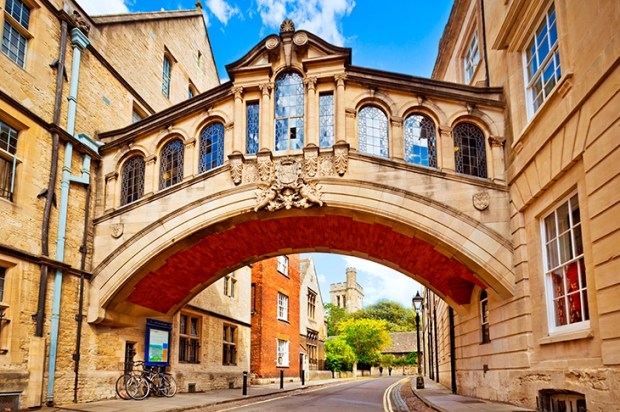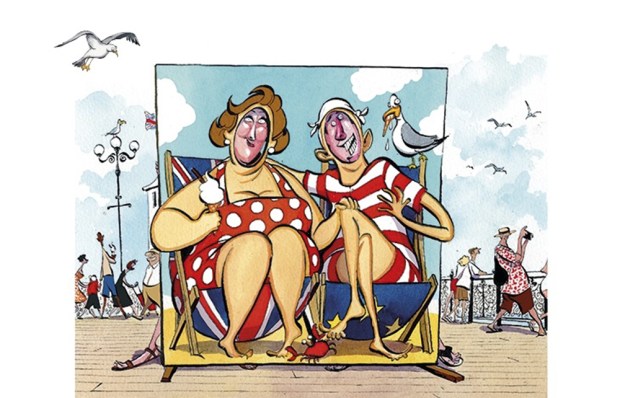I’m rather fond of the many service stations on the M4, since I am convinced they are all named after Jane Austen characters who never made it into the final drafts of the novels. But as an alternative, west of Lord Chieveley and Lady Membury and just east of Sir Leigh Delamere, you can try the Three Trees Farm Shop & Café just south of Junction 15.
Already a subscriber? Log in
Subscribe for just $2 a week
Try a month of The Spectator Australia absolutely free and without commitment. Not only that but – if you choose to continue – you’ll pay just $2 a week for your first year.
- Unlimited access to spectator.com.au and app
- The weekly edition on the Spectator Australia app
- Spectator podcasts and newsletters
- Full access to spectator.co.uk
Or
Unlock this article
You might disagree with half of it, but you’ll enjoy reading all of it. Try your first month for free, then just $2 a week for the remainder of your first year.















Comments
Don't miss out
Join the conversation with other Spectator Australia readers. Subscribe to leave a comment.
SUBSCRIBEAlready a subscriber? Log in